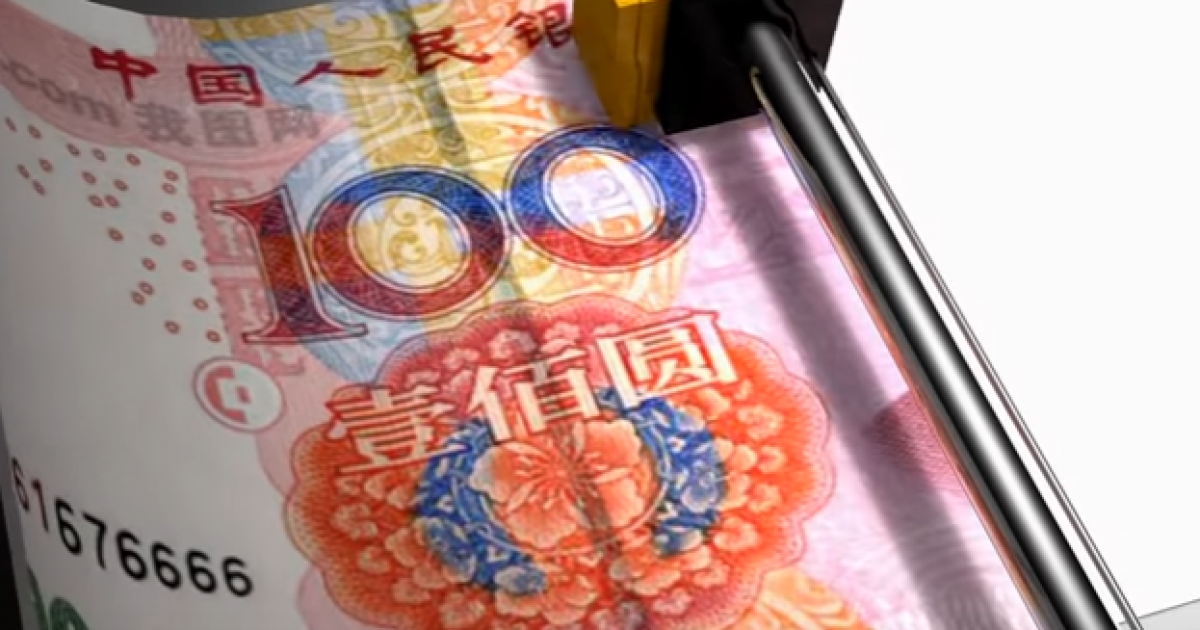
On September 3, 2020, the Global Times reported that China has plans of reducing its holdings of US Treasury bonds to just below $800 billion. Currently, China holds over $1 trillion in treasury bonds.
Shaurya Malwa of Decrypt highlighted some of the potential motives behind China’s recent behavior:
A major reason for the reduced exposure is the record amounts of US dollars being printed by the country’s Federal Reserve, leading to fears among investors and central banks of imminent inflation. Another is US President Donald Trump’s repeated attacks on the Chinese administration, the report said.
At the moment, China is the country with the second-highest amount of U.S. debt in its possession. During the last few years, China has been trimming its U.S. debt holdings. For example, China sold roughly $106 billion in total U.S. bonds, which marked a 3.4 percent decline since 2019.
According to Xi Junyang, a professor at Shanghai University, China is on its way to lowering its holdings of U.S. bonds from $1 trillion to $800 billion. He added that “China might sell all of its US bonds in an extreme case, like a military conflict.”
Gold bug Peter Schiff tweeted about China’s move noting that “If true this is very significant. In fact, my feeling is that China will reduce its exposure by much more. It’s also likely that other nations will do likewise.”
If true this is very significant. In fact, my feeling is that China will reduce its exposure by much more. It's also likely that other nations will do likewise. That means the Fed is gonna need a much bigger printing press and Americans had better be prepared to really pay up! https://t.co/mcemxItX3o
— Peter Schiff (@PeterSchiff) September 3, 2020
He continued, “That means the Fed is gonna need a much bigger printing press, and Americans had better be prepared to really pay up.”
The report also underscored how other countries may diversify their foreign exchange reserve assets portfolio by reducing the amount of U.S. dollar assets they hold. Countries are positioning themselves in such a way to avoid any risks brought about by U.S. debt.
The talk of China’s plans to reveal a digital yuan has raised speculation about it being a new currency to compete with the dominate dollar standard. The digital yuan is officially called the Digital Currency Electronic Payment and according to Malwa, “it will increase the accessibility and accountability of the yuan while increasing international trade on its wholly-digital system.”
Some experts speculate that the digital yuan could challenge the dollar’s reserve currency supremacy. All of this is speculation at the moment. One thing is certain though: America’s easy money policies are not sustainable. The country will need to exercise monetary restriction in order to prevent a potential inflationary episode which could wipe out the savings of millions of Americans.
In an ideal world, the U.S. would return to a sound money such as gold, which has actually market use and has a long-track record of serving as currency all over the world.



